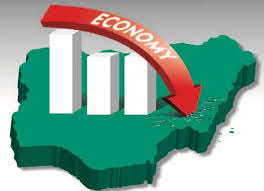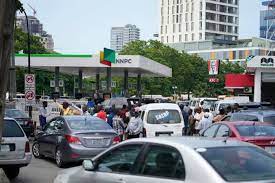Chief Operating officer (COO) of Financial Derivatives Company (FDC) Bismarck Rewane, has warned that the fall in inflation rate in January, is nothing to celebrate about.
Rewane said, it merely reflects the seasonal favours like harvest boom and post-Christmas blues saying explaining that core inflation, which is inflation-less season, actually increased while other sub-indices declined.
“The data shows a marginal decline (0.03 per cent) in official headline inflation to 15.60 per cent. This time around, the statistics is reflective mainly of seasonal factors (harvest and post-Christmas blues). This is because core inflation, which is inflation-less seasonalities, actually increased while other sub-indices declined”, said Rewane.
He however said that since January, there have been major developments, which point to the fact that inflation is likely to reach another inflection point in February. Some of these factors are seasonal while some are structural and fundamental to the Nigerian economy.
Fuel scarcity, especially the sharp rise in the price of diesel to N410-N420 per litre, planting season and currency pressures are all likely to propel another cycle of price increases.
Monthly inflation fell by 0.34 per cent to 1.47 per cent (19.24 per cent annualized) from 1.82 per cent in December (24.07
per cent annualized). This is partly because of the harvest and lower aggregate demand due to post-Christmas blues.
In January, both the annual and monthly food indices declined. The yearly food index fell by 0.24 per cent to 17.13 per cent while the monthly index dipped by 0.57 per cent to 1.62 per cent. This was largely due to the harvest of major staples like tomatoes, pepper and onions. However, the prices of bread and cereals, potatoes, yam and other tuber, soft drinks, oils and fats and fruits increased due to currency pressures and the imposition of taxes on nonalcoholic and carbonated drinks.
The states with the lowest inflation rates are Kwara (12.94 per cent), Niger (14.10 per cent) and Oyo (14.19 per cent). Inflation was highest in Northern Nigeria – Abuja (18.59 per cent), Kogi (18.28 per cent) and Bauchi (17.61 per cent).




